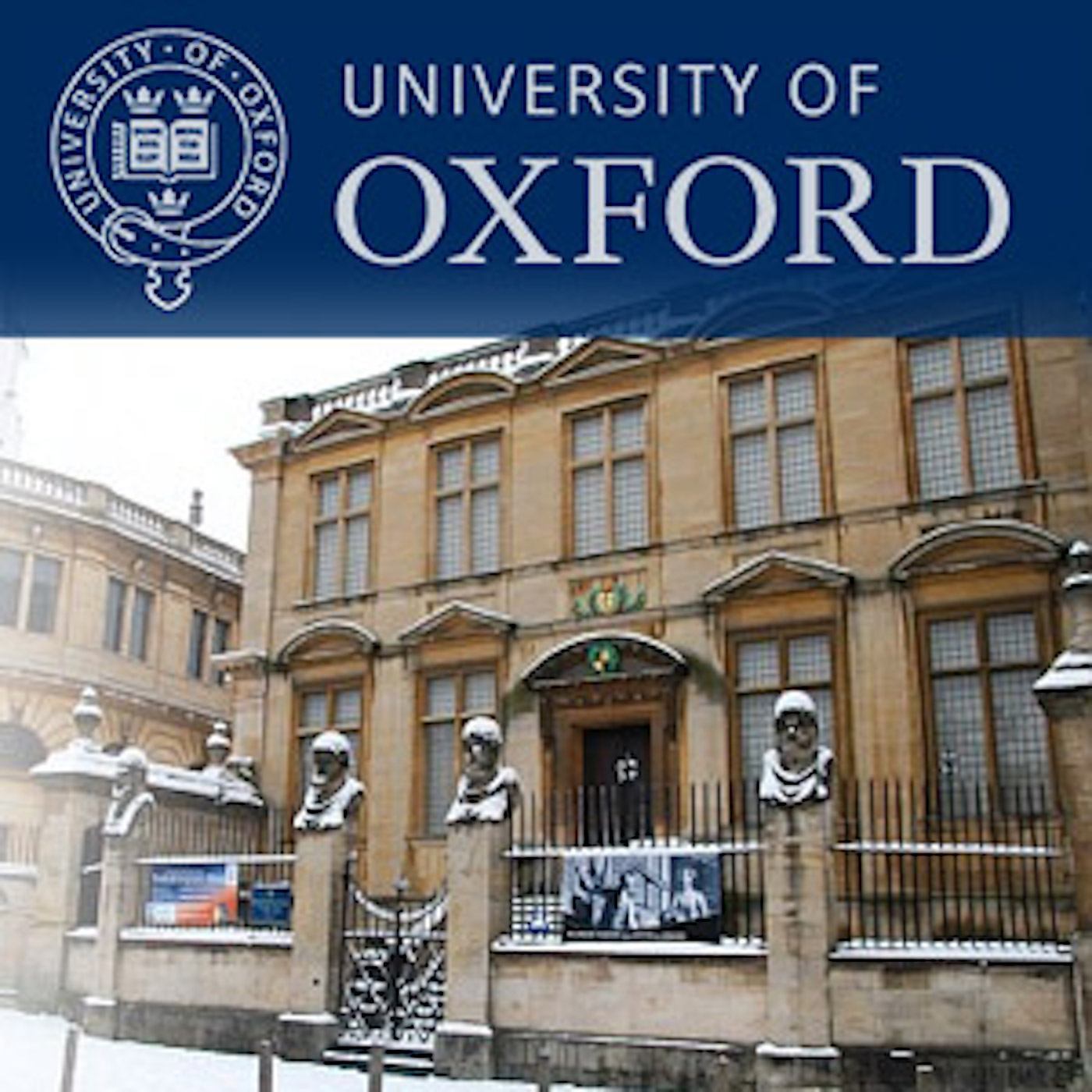Episodes
Dr Anna Marie Roos gives a talk as part of the Museum's celebration of the 35th anniversary of the Royal Society. Creative Commons Attribution-Non-Commercial-Share Alike 2.0 UK: England & Wales; http://creativecommons.org/licenses/by-nc-sa/2.0/uk/
Published 07/24/13
Professor Allen of the Oxford University Environmental Change Institute discusses one of the most pressing issues of the modern day - Climate Change. Creative Commons Attribution-Non-Commercial-Share Alike 2.0 UK: England & Wales; http://creativecommons.org/licenses/by-nc-sa/2.0/uk/
Published 04/08/13
Russell Foster explains the role of light in regulating our bodies and discusses the implications of today's almost constant exposure to light. Creative Commons Attribution-Non-Commercial-Share Alike 2.0 UK: England & Wales; http://creativecommons.org/licenses/by-nc-sa/2.0/uk/
Published 04/08/13
Writer Richard Hamblyn revisits his first book about the 19th-century amateur meteorologist Luke Howard who gave the clouds the names we use today. Creative Commons Attribution-Non-Commercial-Share Alike 2.0 UK: England & Wales; http://creativecommons.org/licenses/by-nc-sa/2.0/uk/
Published 03/11/13
Leigh Fletcher (Dept. of Atmospheric, Oceanic and Planetary Physics, University of Oxford) talks about current research on the weather of other planets. Creative Commons Attribution-Non-Commercial-Share Alike 2.0 UK: England & Wales; http://creativecommons.org/licenses/by-nc-sa/2.0/uk/
Published 03/11/13
Dr Matthew Shaw, British Library, talks about the extraordinary revisions of time measurement adopted in the French Revolution. Creative Commons Attribution-Non-Commercial-Share Alike 2.0 UK: England & Wales; http://creativecommons.org/licenses/by-nc-sa/2.0/uk/
Published 07/02/12
Geographer, explorer, writer and broadcaster Nicholas Crane talks about the inspirations behind his book on Gerard Mercator. Creative Commons Attribution-Non-Commercial-Share Alike 2.0 UK: England & Wales; http://creativecommons.org/licenses/by-nc-sa/2.0/uk/
Published 07/02/12
The third in a series of public lectures linked to the Museum's 'Eccentricity' exhibition. Creative Commons Attribution-Non-Commercial-Share Alike 2.0 UK: England & Wales; http://creativecommons.org/licenses/by-nc-sa/2.0/uk/
Published 10/26/11
Dr Vicky Carroll talks about the eccentric tendencies of early 19th-century natural historians. Whether hunting for fossils or wrestling alligators, these scientists certainly had an active interest in their field work!
Published 09/20/11
In the first in a series of 'Eccentricity' lectures, Dr Brian Regal talks about the search for 'monsters', in particular the hunt for Sasquatch or 'Bigfoot', and the "crackpot" natural historians who were obsessed with the search. Dr Brian Regal is the Assistant Professor for the History of Science, Kean University, New Jersey.
Published 07/28/11
A public lecture by Dr. Silke Ackermann, Curator of European and Islamic scientific instruments at the British Museum. Part of the Al-Mizan exhibition which explores the connections between the sciences and arts in Muslim societies.
Published 04/06/11
A public lecture by Professor Emilie Savage-Smith, FBA, Emeritus Professor of the History of Islamic Science, University of Oxford. Part of the Al-Mizan exhibition which explores the connections between the sciences and arts in Muslim societies.
Published 04/06/11
Professor Peter Scott discusses his research into competitive advantage and innovation in the interwar British radio industry using the Marconi Archive, Britain's most extensive and important archive for the radio and related industries. The first Douglas Byrne Marconi Fellowship was awarded in 2011 to Professor Peter Scott, of the Henley Business School, University of Reading, for research into competitive advantage and innovation in the interwar British radio industry. Professor Scott will...
Published 04/01/11
Professor Peter Scott (University of Reading) presents the inaugural Douglas Byrne Marconi Lecture based on his research on Marconi and radio manufacturing between the World Wars. Creative Commons Attribution-Non-Commercial-Share Alike 2.0 UK: England & Wales; http://creativecommons.org/licenses/by-nc-sa/2.0/uk/
Published 04/01/11
In the fourth and final lecture in the 'Telescopes Now' series, Professor Alan Watson talks about his work at the Pierre Auger Cosmic Ray Observatory. Professor Alan Watson is Emeritus and Research Professor of Physics at the University of Leeds, and with James Cronin established and led the Pierre Auger Cosmic Ray Observatory in Argentina. In his lecture he touches on some of the practical, political, technical, financial and organisational challenges faced by the team that he worked with to...
Published 03/03/09
In the third in a series of lectures by senior astronomers about recent developments in telescopes, Professor Roger Davies talks about his work on the Gemini Telescopes. Professor Roger Davies is Philip Whetton Professor of Astrophysics and Chairman of Physics at the University of Oxford. In his lecture he touches on some of the practical, political, technical, financial and organisational challenges he and his team faced when building the Gemini telescopes in Hawaii and Chile.
Published 03/03/09
In the second in a series of lectures by senior astronomers about recent developments in the telescope, Professor Phil Diamond talks about his work at Jodrell Bank on E-Merlin, and in particular the Lovell Telescope. Phil Diamond is Professor in the School of Physics and Astronomy at the University of Manchester and Director of the Jodrell Bank Centre for Astrophysics.In his lecture he touches on some of the practical, political, technical, financial and organisational challenges faced by the...
Published 03/03/09
In the first in a series of lectures by senior astronomers about recent developments in telescopes, Professor Alexander Boksenberg talks about his work with the William Herschel and the Hubble telescopes. Professor Alexander Boksenberg is Honorary Professor of Experimental Astronomy, University of Cambridge, and a former Director of the Royal Greenwich Observatory. In his lecture he touches on some of the practical, political, technical, financial and organisational challenges faced by the...
Published 03/03/09


